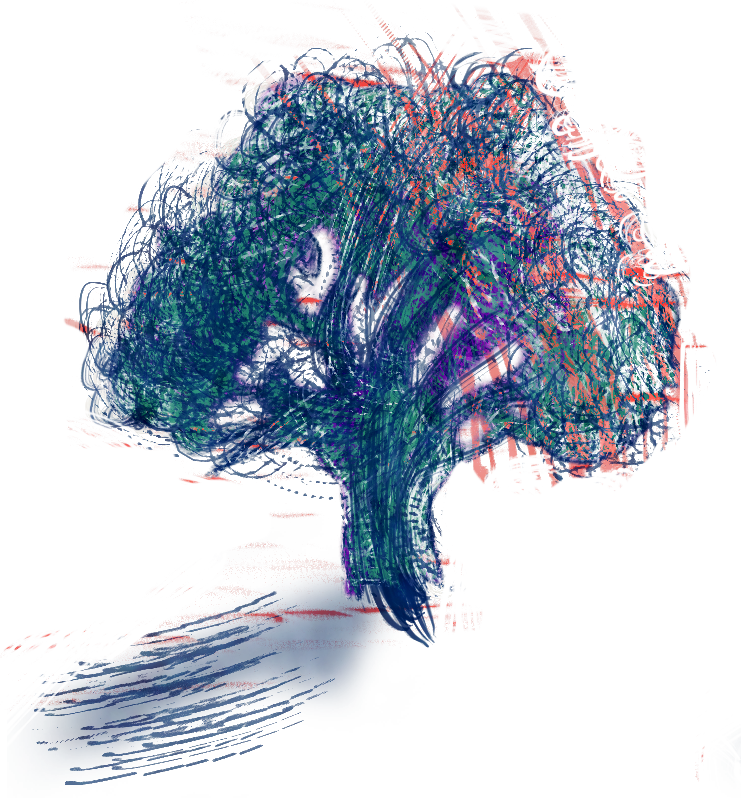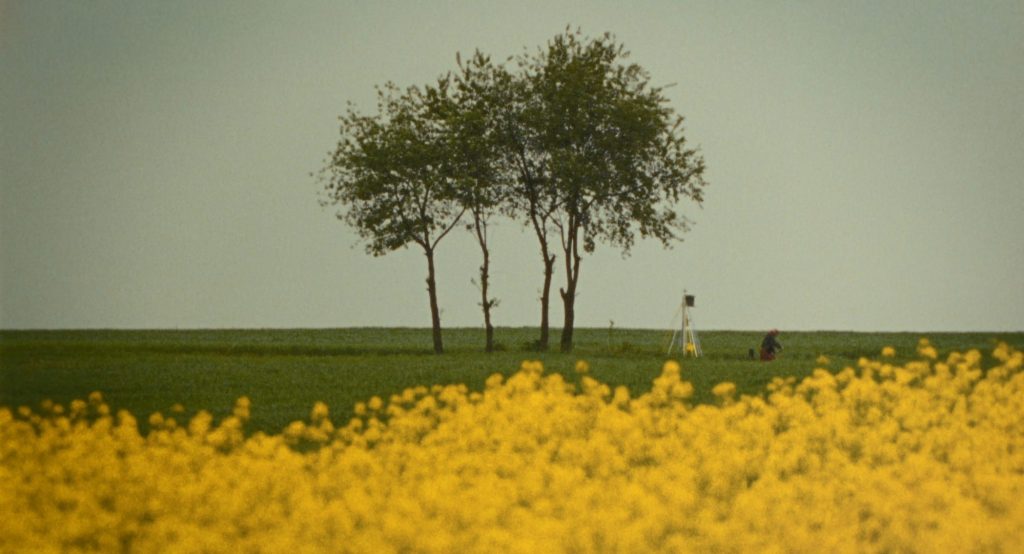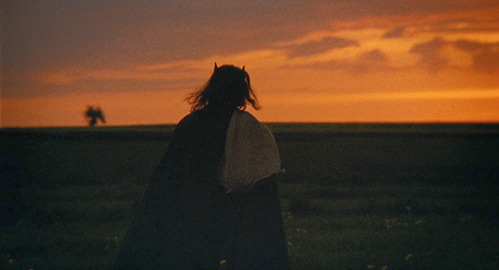Tea time with Diabeł [The Devil]
Interview with Jan Bujnowski, director of Diabeł [The Devil]

The devil in my film represents all the people who prey on other’s weaknesses and try to make a profit from their misery. How he looks like is defined by the time when the story is set, so I knew from the very beginning that his appearance should be a bit confusing for the audience. His costume is quite like many things in Poland in 90’s – trying to be serious, but in fact quite funny. We can still observe similar figures like the main character in Poland nowadays, only disguise and ways of acting are different.

Story is set somewhere in 90’s in Poland, so it is a time when people were trying to adjust to new reality. Economic crisis, high unemployment rate and hyperinflation were some of the factors behind society’s general feeling of uncertainty. I’ve read a lot of non-fiction books about that time in Poland and it inspired me to create this story, which probably didn’t happen, but wasn’t improbable.

We knew that this story needs specific visual aesthetics and that we should somehow reproduce the feeling of photos from 90’s, so we decided to shoot on 16mm film and use vintage cinema lenses. I also wanted to shoot in natural film locations, with as few adaptations as possible, so I spent a lot of time on location scouting. Carefully selected costumes and props were also important factors in this time travel.


I would like to tell stories, which are a bit weird or surreal at first sight, but when you take a closer look on them, they turns out to be quite simple and universal. As a viewer I don’t have specific taste in movies, there are a lot varied films which I admire. I would say that I’m always trying to be inspired by films which are different from what I saw so far.

Very difficult question to answer for me. I’m really interested in short films and I’m even trying to deal with this subject in my scientific work, so I watched thousands of them, probably more than feature-length films. If I have to single out only one film, I would choose Tolya by Rodeon Brodsky, for its charm and tenderness, which are found somewhere where you wouldn’t expect it. Simple form which contains a lot of emotions.

It means a lot for me, as it is a chance to watch some great short films from all over the world and meet their authors. I’m really looking forward to it!
Diabeł [The Devil] is being shown as part of the International Competition I3.








